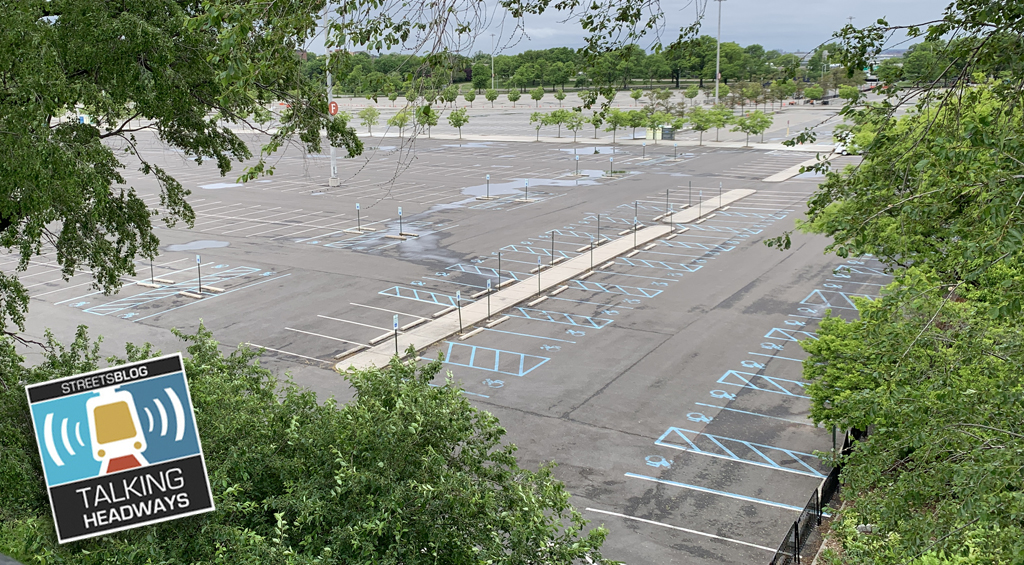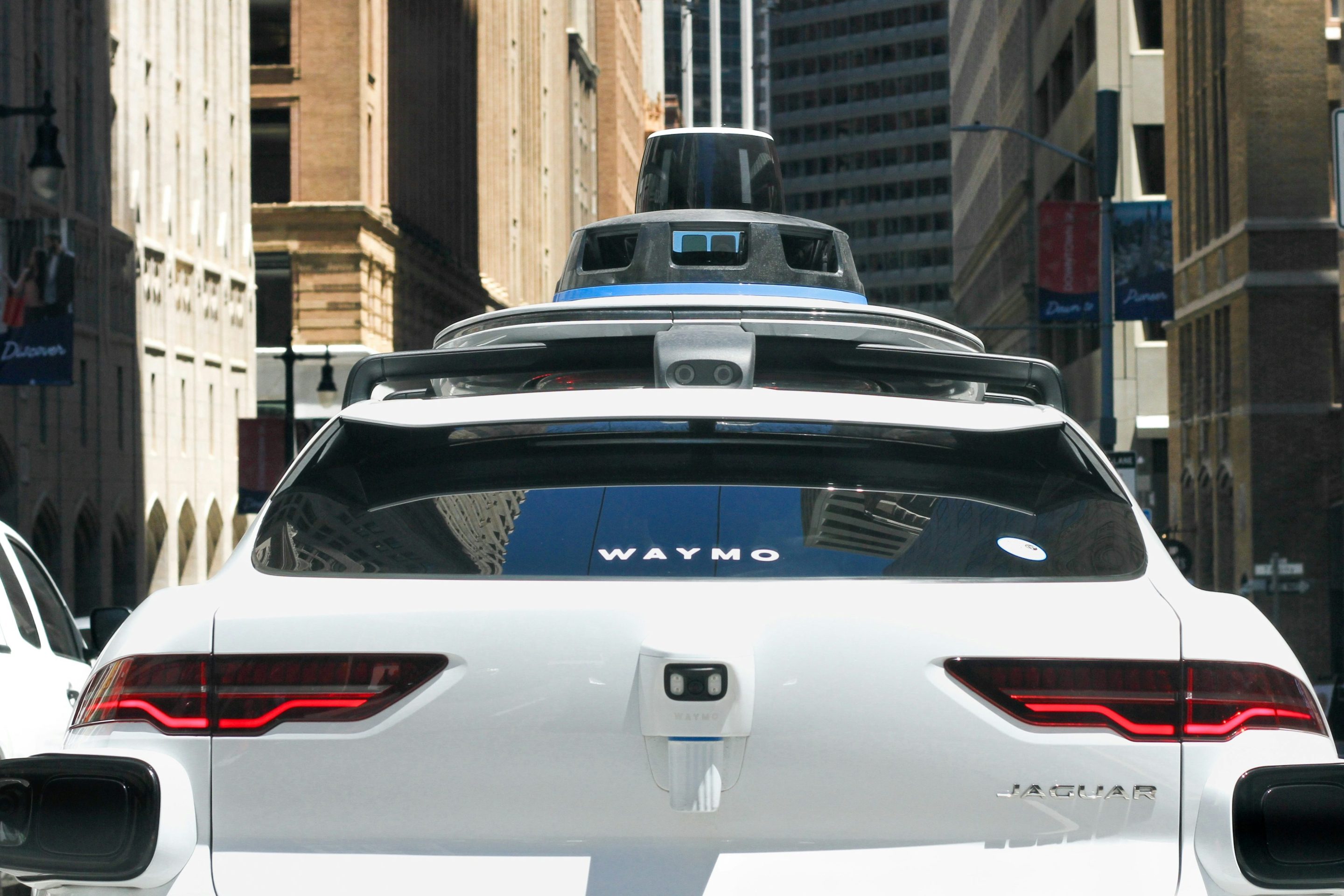Today on the Streetsblog Network, Jarrett Walker at Human Transit points to the interesting case of Tallinn, Estonia, a city of 426,000 people that seems to be pulling off a feat that defies the conventional wisdom: operating a transit system that people can ride without paying fares.
Most transit agencies are skeptical that a fare-free system can work. Researchers cited in a recent Next City article dismissed the viability of the idea, pointing to American cities that abandoned attempts to eliminate fares. Those transit operators contended that free transit attracted too many “problem riders” and didn’t lure people from their cars, but Walker says that conclusion might be based on a false dichotomy between “choice” and “captive” transit riders:
It sounds as though the authors were operating on the old binary model of choice-vs-captive ridership, under which additional ridership by people who don't own cars is assigned zero value to environmental or traffic outcomes. In fact, the overall transit service offering (including its cost) is an important [factor] in many people's choice not to own cars. The choice to not own a car is one of many complex possibilities that fries the circuits of algorithms (and experts) that rely on dividing all riders into boxes called choice (car owners who left the car at home) and captive or transit dependent. In fact, we're all on a spectrum between choice and captive, and we are each in different situations that may make us responsive to small improvements in transit service or, in this case, cost. If that weren't true, small changes in frequency or fare wouldn't cause small changes in ridership, as they almost always do.
It is likely that in the US experiments, there were enough "problem riders" to be a problem, but the obvious solution to this is Tallinn's solution, which is to require each free rider to use a smartcard, one that takes some effort to get and that can be revoked for bad behavior.
The problem with free-fare systems in big cities is not the "problem rider." The problem is that free fares cause such a huge ridership increase that no big-city US transit agency could possibly fund enough service to handle it. It would not just require the purchase and operations funds for hundreds if not thousands of new buses (and new facilities for them to be housed and maintained). It would also quickly require whole new rapid transit lines. Most of our current modelling of rapid transit in the US assumes that fares will continue to hold ridership down.
So yes, free fares would be a big deal in big cities (though not as much for small ones). They are a huge barrier to cross, especially for impoverished US transit systems in major cities. They would require a transformative degree of new public investment. All that must be debated.
But don't let the "vagrants" scare you.
Elsewhere on the Network today: Urban Review STL says poor land-use regulations in the greater St. Louis area are hindering transit-oriented development. Systemic Failure points out that even in these times of government austerity, Congress never faltered in its support for passenger aviation subsidy known as Essential Air Services. And Bike Delaware explains how Governor Jack Markell has been instrumental in the state's progress toward bike-friendliness.






